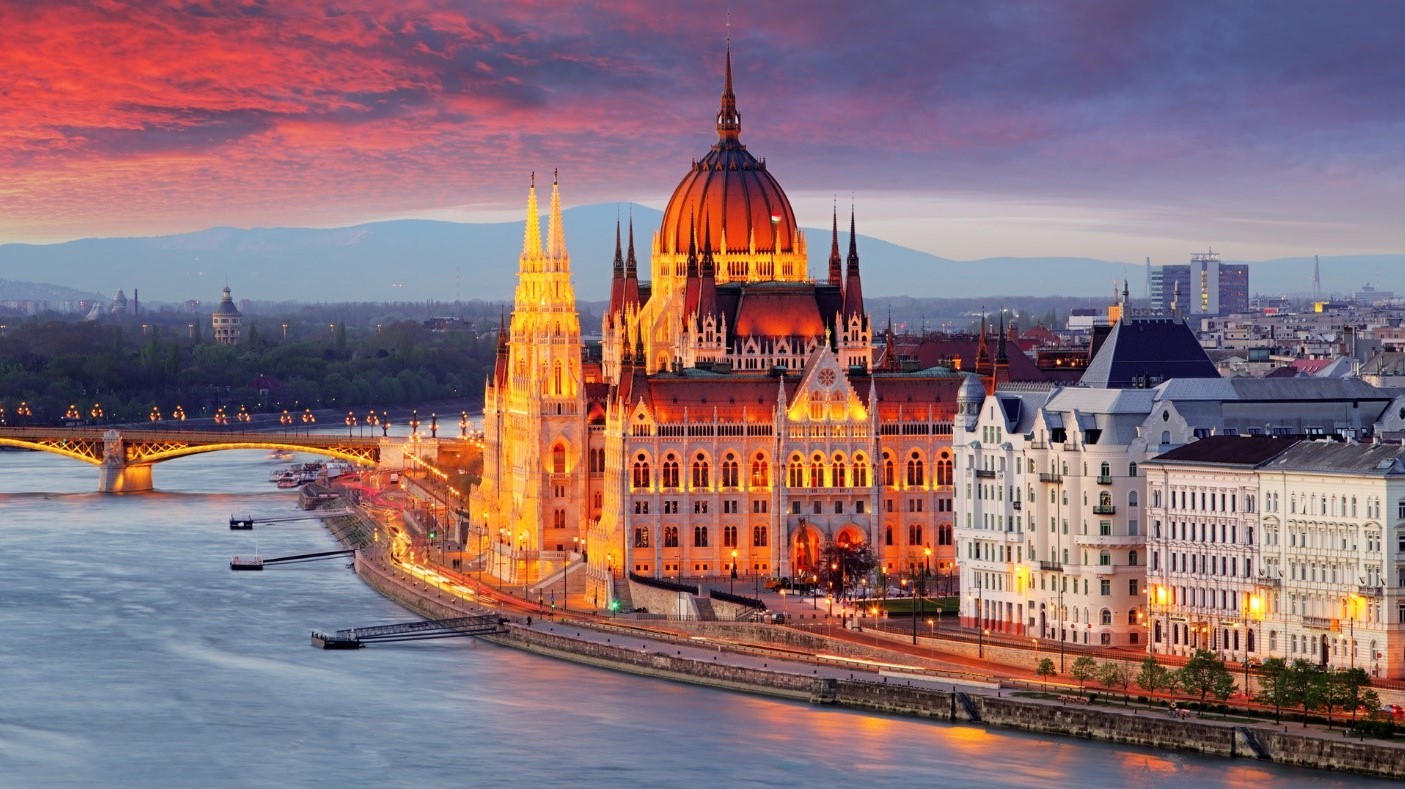

Hungary’s presidency of the Council of the EU will commence on 1st July. It takes place under unusual circumstances with the incumbent country Belgium’s Foreign Minister suggesting to invoke Article 7 against Hungary and strip it of its voting rights. Belgium, alongside Spain and Hungary, constitutes the current presidency ‘trio’ whose 18 month focus has been on economy, climate, security, foreign relations as well as protecting citizens and freedoms.
The rift is not a surprise. Victor Orban has been at odds with the EU’s institutions and values almost since being elected in 2010, which makes everyone concerned about whether Hungary can credibly fulfil its EU presidency role.
The presidency rotation will happen at a moment crucial for the EU, following the EU Parliament elections in early June. The EU institutions will be reset, new European Commission (EC) and the new President of the European Councill appointed. The European Political Community meeting on 18th July, hosted by the UK, also falls within Hungary’s mandate. It is crucial that this transition is steered smoothly and in line with the European values. Hungary will be keen to steer the new 2024-2029 policy cycle towards the areas it considers important.
Budapest has set three important priorities for the Presidency according to their Foreign Minister Sijjartó. First is his government’s commitment to supporting speedy EU accession of the Western Balkans countries. Given that Hungary has been in charge of the enlargement portfolio for the past five years with a thin track record, this claim falls a bit flat. During this time, Orban strengthened his ties with authoritarian leaders, including Serbia, who made no progress on the enlargement front while democracy index and media freedom declined significantly. If anything, this stance indicates that Hungary is very keen to hold onto the enlargement portfolio. The future commissioner might be upgraded to vice-president status, which makes it even more lucrative. Hungary will no doubt use the EU Presidency to push for it.
Also problematic is Hungary’s attitude towards Ukraine in the enlargement process. Their position is that because of the status of minorities in Ukraine, it cannot support Ukraine's accession process until this problem is resolved. Using veto in the enlargement process is anything but a recommendation for keeping the post.
Hungary is also not in favour of the EU reform of majority voting. They prefer unanimity vote because it guarantees voices of smaller member states, like themselves, are being heard even though it means stalling the process.
Second, the focus will be on illegal migration and Hungary’s perpetual struggle to stop it. In June 2024 Hungary was fined €200 million over the failure to follow the EU’s asylum policies and a daily fine of €1 million until the country complies with them. The ruling was issued by the European Court of Justice in 2020. The stance on refugees from Ukraine who are fleeing from the war is in stark contrast to the treatment of illegal migrants. Due to the country being located at the external border of the European Union nearly 5 million Ukrainians crossed to Hungary since the start of the Russian invasion, and around 60,000 registered and seeking protection, which the country has offered.
Third focus for the presidency will be economy and building competitiveness of the European Union. Hungary is looking to apply “patriotic” economic policy they modelled on China and the US, with the aim to help the European companies and economy improve. But the country’s continuous collaboration with Russia and Chine goes against this claim. Russia is in charge of construction of a new nuclear power plant in Hungary, while also providing nuclear fuel, alongside trade in gas and oil.
When it comes to the influence on foreign policy, Hungary is likely to take an active role in any potential peace negotiations between Ukraine and Russia that take place during the presidency term. In controversial attitude, Hungary maintains its opposition to the Russian aggression but doesn’t support delivering weapons to Ukraine because tit believe the solution for the war should be found outside of the battlefield. This has caused strong, negative reactions from the EU in the past two years.
The government is probably hoping that Trump will return for a new term and closer ties with the US. At the helm of the presidency, Hungary will have a say how the EU might react to the results of the US elections.
Hungary is not shy about highlighting that they are conservative, patriotic right-wing government, acting against liberal mainstream of some other EU Member States. However, elections this month show that Orban’s position is weakened at home, first time in two decades. Péter Magyar gained significant traction in the EP votes, winning seven seats and coming tie with Fidesz at 10 seats in a tightly contested Budapest elections, won by the incumbent opposition Mayor Karácsonyi. Despite rise of the right in the EP elections, Meloni nor Le Pen are on not on good terms and don’t seem in favour of establishing an ‘all right front’ in the EP chamber that Orban was hoping for.
Aware of its unfavourable position, Hungary will need to be careful with aspirations and focus their efforts on building a more positive outlook for the country within the EU, as this membership remain undisputed.